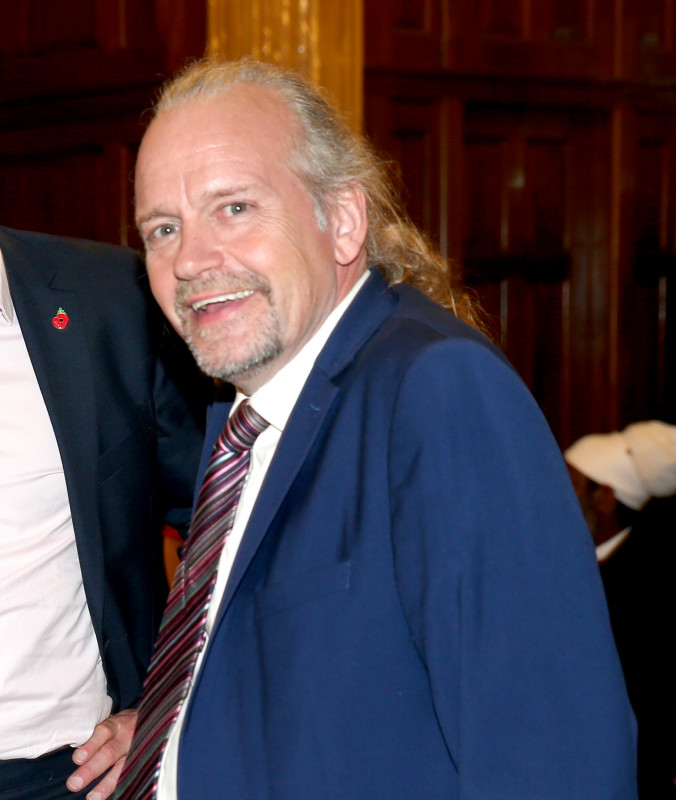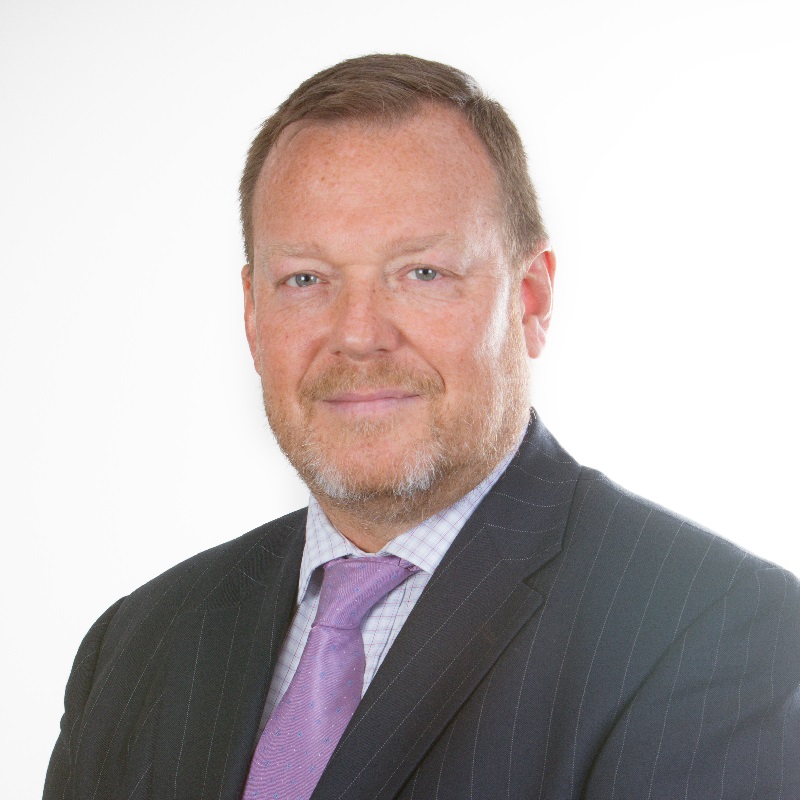
Neil Russell, PJ Care
Looking after our staff really well has been a key element to our success says Neil Russell, Chairman of neurological care provider PJ Care, which was crowned Diversity and Inclusion Champion at the 2021 Growing Business Awards.
- What does your business do?
We are a specialist provider of neurological care for adults. This includes progressive neurological conditions like Huntingdon’s Disease, Motor Neurone disease and Multiple Sclerosis, people with acquired brain injuries such as from strokes, and those with traumatic brain injuries, such as from car accidents. 90% of our income comes from the NHS and we have three care homes and look after 185 people. We employ 600 people and turnover will be £21 million this year.
- How was the business started?
My mother Jan Flawn had the idea for the business while she was working for the Department of Health and saw a need for it. Before she opened the first home she asked me if I would come and work for her. I told her that I didn’t know anything about care and nursing homes, because at the time I was working for the Foreign Office as the British Embassy press officer. She told me not to worry as I would be working in the back office and wouldn’t be doing any actual care work. So I joined the business - and within three days I was providing personal care and fully involved with the residents.
I started as a home manager and gradually worked my way up to become Chief Operating Officer before becoming Chairman four years ago. Care is one of those things that you can either do or you can’t but if you can do it, you will get so much out of it. It is incredibly rewarding giving someone a good quality of life that they otherwise wouldn’t be able to have.
- How was the business financed?
My mother got a loan from Unity Trust Bank and mortgaged her house. All subsequent growth has been funded through bank lending.
- What has been the most difficult or challenging part of growing the business?
Dealing with the red tape and often contradictory regulations of different government departments.
- What key lesson have you learnt about setting up and growing a business?
You have to set a standard for the quality of service you provide, and the best way to do that is to look after the staff who are providing that service. If they are happy and feel safe and secure, they are going to work harder to achieve the standards you have set.
- What has been the impact of the pandemic on the business and how have you dealt with this?
Compared to most care homes we have done really well.
- What has been your biggest mistake?
In the first six months we got our pricing wrong and didn’t charge enough, so there was a couple of months when it all got a bit tricky. At the time we were the first care home of our kind in the country so we didn’t really know where to set our prices.
We also appointed directors who did not had the same ethos that we have, who tried to change the way we operate the company. That caused conflict and short-term damage and it slowed down our growth and development. Now we are a lot more careful about appointing leaders.
- What has been the secret of your success so far?
Ensuring that the care we provide is the best quality it possibly can be and that we look after our staff in the best way we can to ensure that they provide the best care. And making sure that everybody in the leadership roles understands that they are the second-class citizens – the people on the floor doing the work are the most important people in the company, not the people at the top.
- What advice would you give an entrepreneur just starting out about how to grow their business?
Expect it to go wrong, because it will go wrong. Allow yourself to make mistakes, be ready for those mistakes and make sure you have a contingency plan.
- What personal quality or characteristic has been most useful to you as an entrepreneur as you grow your business?
Innovation.


